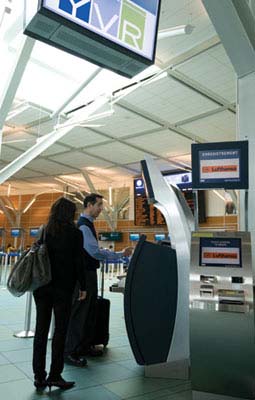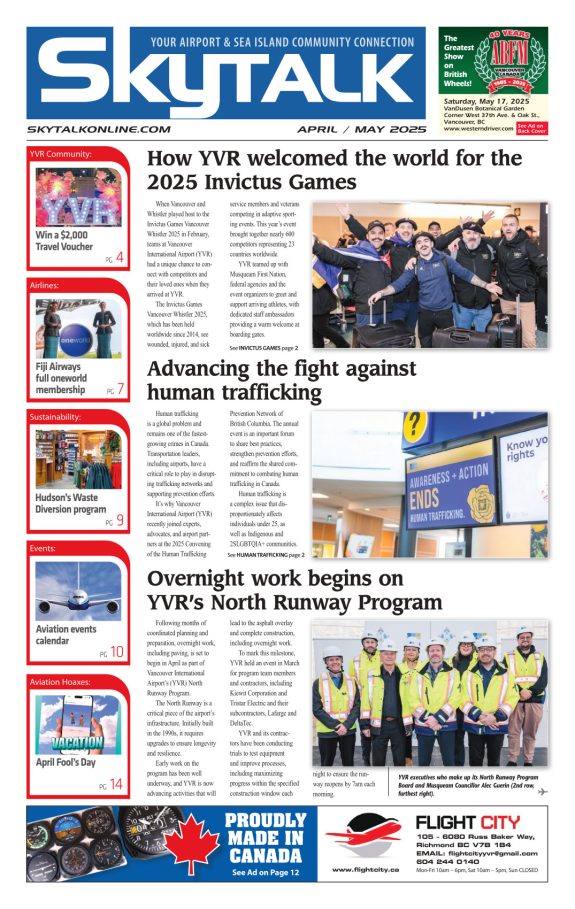
Photo: Future Travel Experience.
In two separate decisions released in August 2013, the Canadian Transportation Agency (CTA) ordered Air Canada and Porter Airlines to provide reasonable compensation for disrupting a traveller’s flight plans.
The federal agency ruled that Air Canada’s 12-year-old bumping payout rate is outdated and doesn’t reflect the current price of airline tickets, accommodation and other incidental expenses.
According to the ruling, Air Canada now has to revise its denied boarding compensation by September 18, 2013, to reflect compensation provisions that range from $200 to $800 cash—up from the current $100—or three times the amount in travel vouchers.
The breakdown in compensation is as follows:
- Less than two-hour delay = 50 per cent of the base amount
- Between two- and less than six-hour delay = 100 per cent of the base amount
- Six-hour delay or more = 200 per cent of the base amount
- The base amount is established as $400.
“Passengers have a fundamental right to be informed about schedule changes that affect their itinerary and ability to travel and to be compensated or refunded in a reasonable fashion,” said Geoff Hare, chair and CEO of the CTA. “These decisions help ensure that consumers are protected when experiencing schedule changes while travelling with Air Canada and Porter.”
This compensation applies solely to involuntary denied boarding and does not relate to situations where a passenger volunteers to be denied boarding for whatever compensation Air Canada wishes to offer.
Air Canada has until September 18, 2013 to comply.
Air Canada spokesperson Isabelle Arthur said the airline will be fully compliant with the CTA’s decision and is revising its tariff policy according to the terms of the decision.
In a separate decision, the CTA ordered Porter to refund fares paid for cancelled domestic flights and provide compensation for reasonable expenses when flights are delayed. The CTA called Porter’s current policies “unclear” and said the airline should make “reasonable” efforts to inform passengers of schedule changes and the reasons for their occurrence.
Toronto-based Porter now has until September 30, 2013, to revise its tariff provisions for domestic flights in accordance with the CTA decision.
The rulings stemmed from complaints filed by Gabor Lukacs, a former University of Manitoba math professor, who has challenged several airline industry practices. Lukacs called the rulings victories for passenger rights.
The ruling does not affect WestJet, Canada’s second largest airline, because it does not overbook flights.







